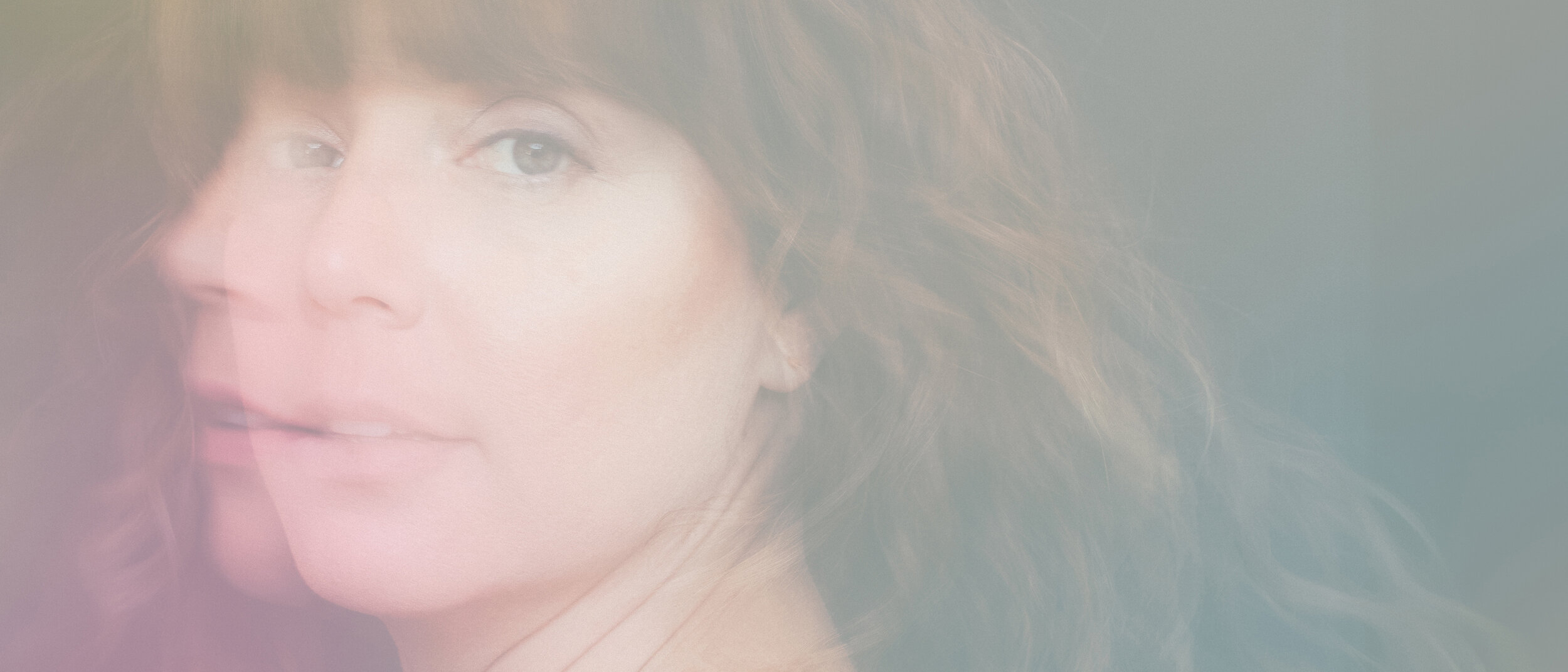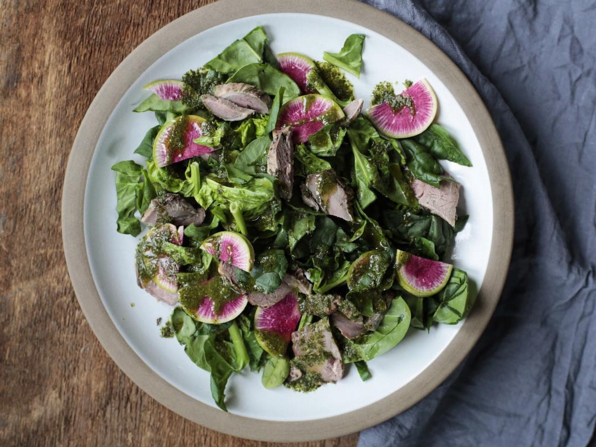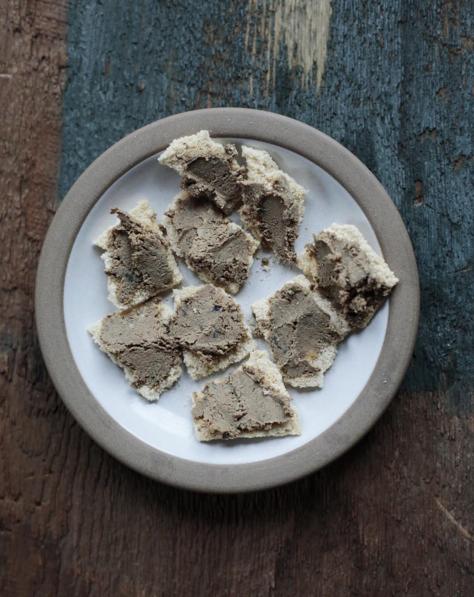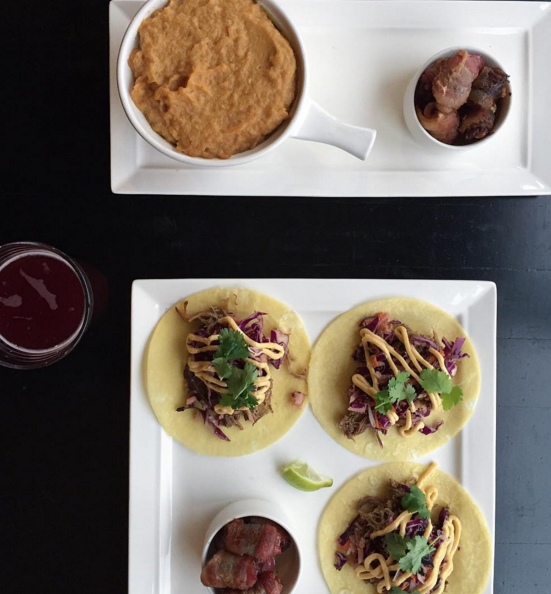I get a lot of eye rolls when i talk about food. Most of the time because my symptoms could be explained by almost anything. If these were occasional or one off reactions i'd totally get that. I also get that most people probably don't keep stock of how they feel throughout the day (meticulously or at all). Reasons why I'd recommend someone try an elimination diet: headaches, allergies, asthma, undiagnosed or unexplained anything from your Doctor. Acne if you're not 14, acne if you are 14, weight gain, weight loss, fatigue, moodiness, poor memory, if you've never done one before, if you have done one before, insomnia, anxiety, depression, joint pain, gut pain, heartburn, teeth grinding/clenching, gas, bloating, burping, diarrhea, constipation, gallbladder issues. You get the point, if you have an "issue" it's worth examining how your diet may be a contributing factor. There is no gold standard test for food allergies or intolerances. Because our bodies are so unique to us, the most effective course of action currently, is doing an elimination diet.
Of course I do believe that I'm a product of my own life. My experiences, environments, diet, lifestyle, friends, community, activity level and general life decisions have all shaped who I am. Of course I've been to therapy. Of course I've seen General Practitioners for a bunch of the symptoms I've experienced (as you may have read). The point is, if it's not getting better and you want it to, my FIRST suggestion to you is going to be: try an elimination diet.
Eliminate food as the possible source of your ailment.
That is my suggestion. It is far too easy to have eaten wheat and dairy and sugar (to name some of the main offenders) and become accustomed to how it feels in your system. You can be symptomatic and not know it or have NO symptoms currently and still have a possible issue. Admittedly, I'm one who had symptoms of intolerances to these foods and never really felt the effects until i went off them and then reintroduced them. These diets are not just for allergies/intolerances. The food you eat influences your micro biome and diversity of that bacteria is instrumental to your health. Eating certain foods can kill off the variety of bacteria in your gut which can lead to health problems as simple as being more susceptible to colds or as complicated as allergic reactions to food. This could be step one of merely living a healthier lifestyle catered to your specific needs.
I was listening to Dr. Ruscio's podcast yesterday. Mickey Trescott (the author of the cook book I have and used before I went low FODMAP) was the guest. She made a great point about AIP (and this applies to elimination diets in general): It's a tool.
"No diet is going to fit one person for the rest of their life".
Maybe what you ate 5 years ago doesn't agree with you now. Your body is constantly in flux. Stress, sleep, illness, all of that can play a part in what you can or can't handle digestively. And, to make it more annoying and confusing (because believe me it is both) you can't even go by what everyone says the symptoms are. You have to figure out how that food makes YOU feel and listen to YOUR body's reaction.
I, for one, do not present "normally" when it comes to a lot of the issues Ive been faced with. Acupuncturists, chiropractic and "regular" (or M.D.) doctors have all had a difficult time diagnosing what's up with me because of this. Knowing what makes you feel your best and if you're not quite there yet, is what I've found to be the key in prioritizing my health. The first step in really knowing what affects you is eliminating possible offenders and then reintroducing them methodically, so you can rule them out as a culprit. Regardless of the outcome, you will gain some control in your own day to day energy, digestion and mood.
I can practically promise you that.
the good news?
If I can do this, LITERALLY ANYONE CAN.
I am a junk food addict. I love McDonalds, I love Dominos. I've eaten my fair share of each of them and many more foods like them. I think sometimes it just comes to a point where you're either really ready to feel better, or at the time, perhaps it's not worth it to you. I had to wait until I was ready, my will power wasn't enough otherwise. Now if I eat Domino's, I not only get bloated but i have almost immediate neurological effects. Depression, anxiety, physical heart palpitations, insomnia, nightmares, my body is very clear about not wanting this food. However, those reactions weren't clear until i cut out all those ingredients and then reintroduced them. My picture still isn't complete of what's healthful for me and what isn't, but for now I do have a good idea what to stay away from. Once I'm finished with chelation, i'm going back to AIP low FODMAP (strictly) and seeing if I can heal my leaky gut enough to reintroduce more FODMAPs. (I'm so symptomatic in treatment, I eat what I know makes me feel good 80% of the time but I've also allowed myself some leniency. It's a balance.)
There are a bunch of diets one can try. If a certain diet doesn't cure your symptoms, unfortunately that doesn't mean that food is not a factor. It could mean that. However, it could also mean you just hadn't removed that food item or group yet. That was the case for me with Kale and FODMAPS. This may mean trying more than one diet. It may mean committing a little longer than you originally anticipated.
Elimination Diets I can suggest:
SCD - great one to try for suspected leaky gut, and IBDs (Celiac, Ulcerative Colitis, Crohn's)
GAPS - developed from the SCD, this diet is tailored towards gut flora health and healing leaky gut. (In my opinion, if you go either of these routes, you may as well look at the lists between the two and decide where you might want to start.
The Paleo Cure - this book by Chris Kresser is extremely informative about how your body absorbs nutrients and is not preachy. This is a good diet for anyone who wants to feel better overall but doesn't necessarily think they have any "issues". It removes the main offenders but isn't too intense in my opinion. You can also check out Robb Wolf's website here.
AIP - if the diets above aren't producing the results you desire. Or if you feel like going balls to the wall and "getting it over with" this diet is the one for you. It removes more food groups comprehensively than the Paleo diet, such as nightshades, seeds, nuts and the spices that fall under those categories.
Low FODMAP - (stands for Fermentable Oligo-Di-Monosaccharides and Polyols) a good reference to start if you have IBS, Crohn's or other IBDs. FODMAPs are short chain carbohydrates that can ferment if undigested in your gut. The cool yet tricky thing about FODMAPs is that it's not a black and white situation. It is dependent on the amount of the food taht you eat. Perhaps 1c of broccoli is OK for you but any more than that causes a host of symptoms. I tacked this on to AIP because they were clearly an issue for me, I was super uncomfortable and swollen from the vegetables and fruits on this list. I hope once my gut heals I can add them in, I MISS MOST VEGETABLES!
Here are some AIP friendly meals courtesy of Mickey Trescott's Instagram, not too shabby.




